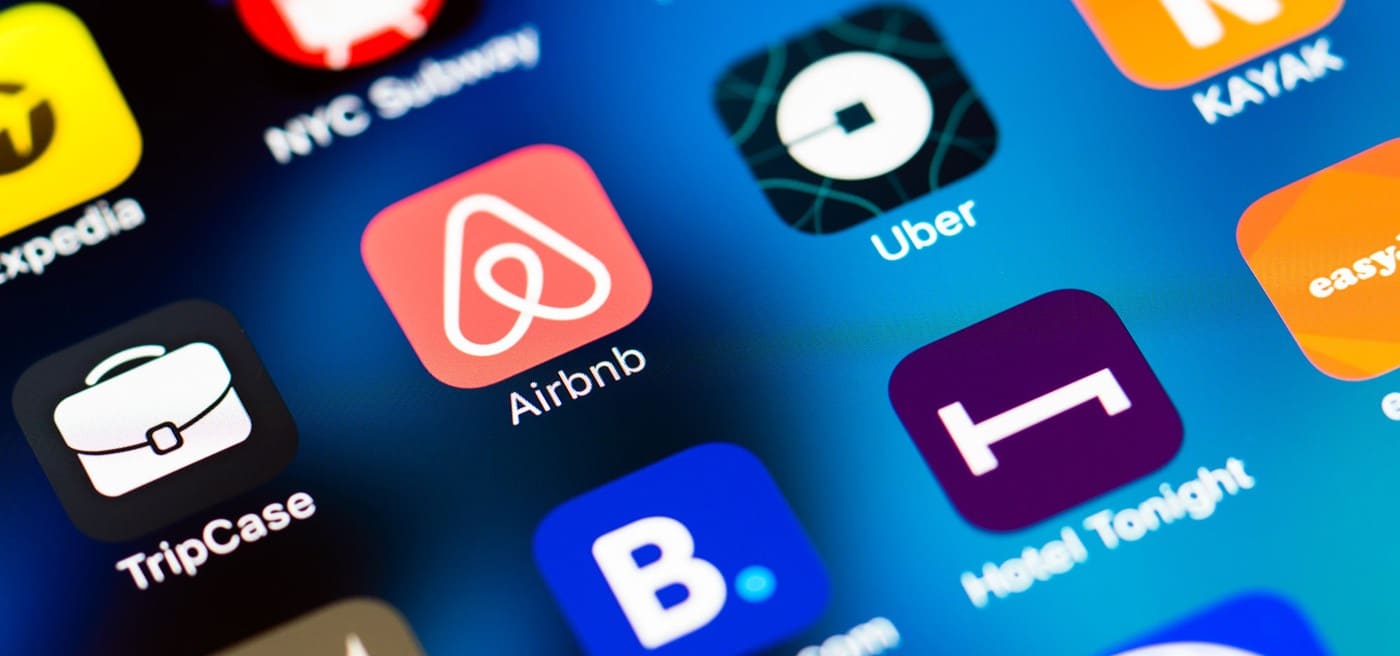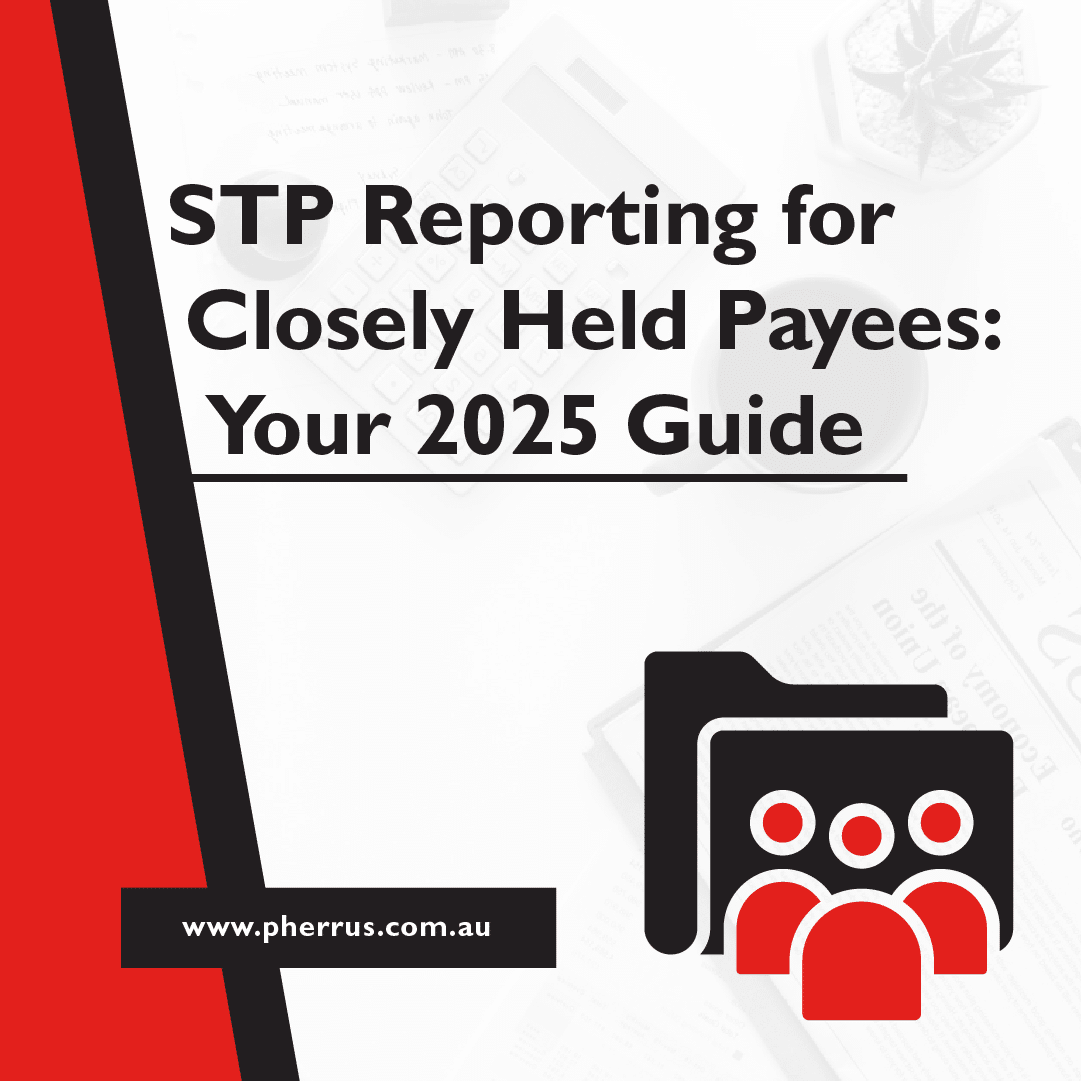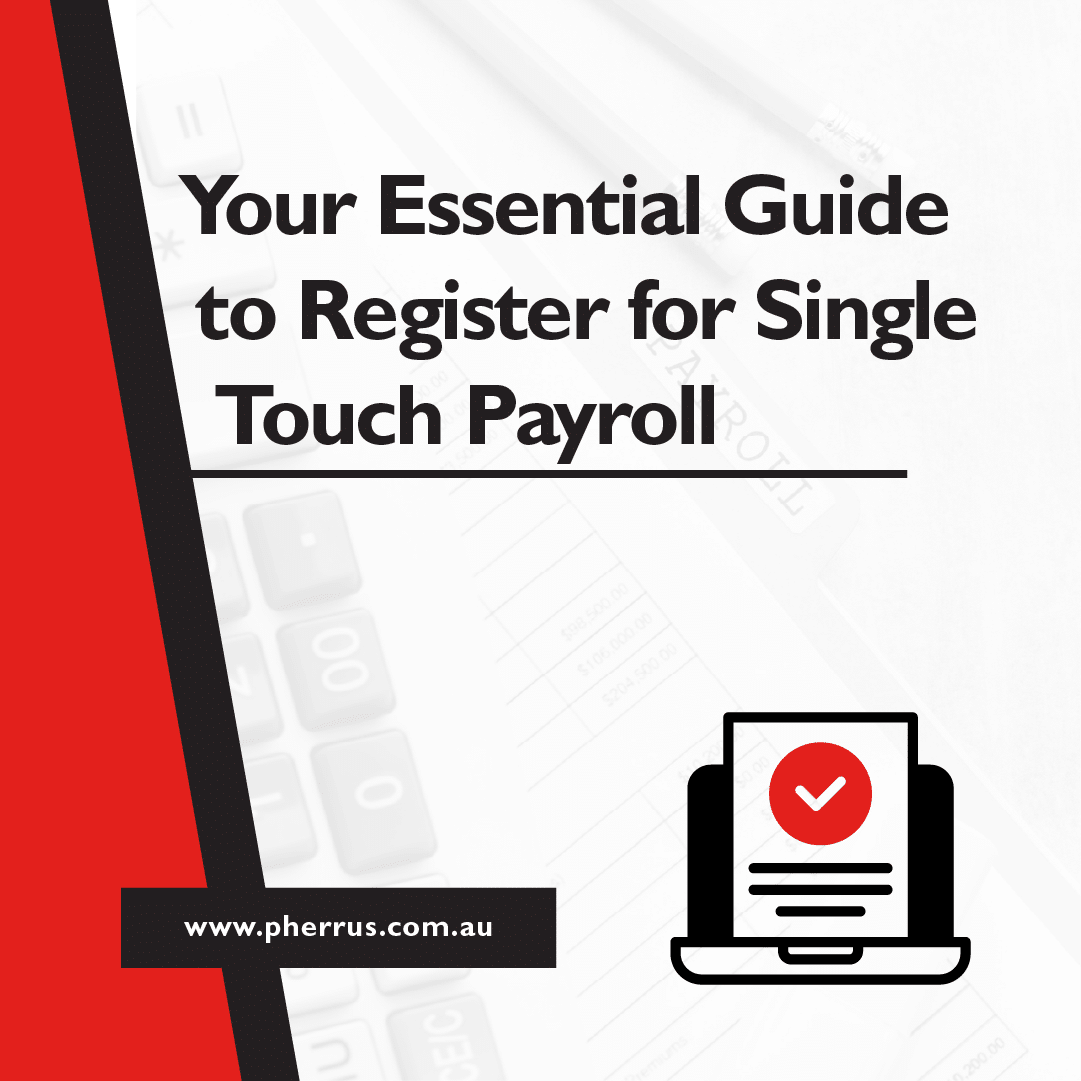The ATO’s stance on the sharing economy
The sharing economy includes any economic activity that takes place via a digital platform (a website or app, for example) where people offer products or services for a fee.
Some common sharing economy activities include the following:
- Short-term accommodation rentals like Airbnb and Homeaway
- Ride-sourcing – sometimes referred to as ride-sharing – like Uber and Shebah
- Service offering, such as delivering goods, odd jobs, and cleaning through platforms like Airtasker – these types of services are sometimes lumped together and referred to as the ‘gig economy’
- Asset sharing, such as the sharing of cars, boats, tools, and storage space through platforms like Camplify and Car Next Door
The ATO’s stance on the sharing economy is this: if you are engaged in the sharing economy, any income earned and deductions made must be included on your tax returns. Let’s unpack this in a little more detail.
The sharing economy, income tax, and GST
Earning income for a service or asset via the sharing economy is a fantastic way to make a little pocket money – some people even earn a full-time income.
If you engage in activities in the sharing economy, it’s critical to understand how income tax and goods and services tax (GST) will apply to your earnings when it comes time to lodge your tax returns.
Income tax and GST applies to different sectors of the sharing economy in different ways.
Ride-sharing
Both income tax and GST apply to any income earned via a ride-sharing service. All ride-sharing drivers are required to have an Australian business number (ABN) and register for GST.
Short-term rentals
If you rent our part or all of your home via a digital platform, you must keep track of all income earned and declare it in your tax returns. You won’t need to pay GST.
Providing a service
If you provide services via a digital platform, you will need to register for an ABN and GST if you turn over more than $75,000 or if you are entitled to claim fuel tax credits. Otherwise, you won’t need to pay GST.
Asset sharing
Providing a service and asset sharing are viewed in the same way by the ATO. If you rent or lease assets via a digital platform, you will need to register for an ABN and GST if you turn over more than $75,000 or if you are entitled to claim fuel tax credits. Otherwise, you won’t need to pay GST.
What isn’t included in the sharing economy?
Some activities that may seem like they should be considered a part of the sharing economy are treated separately by the ATO. This includes the following:
- Cryptocurrency sales and purchases
- Online selling via classifieds like Gumtree or eBay
- Peer-to-peer crowdfunding
If you earn income from the activities listed above, you still need to consider your income tax and GST requirements.
How can I be sure I am meeting my obligations?
If you earn income via the sharing economy, it can be difficult to know whether or not you are meeting your income tax and GST obligations. Our team can give you peace of mind, so you can continue offering goods and services via this revolutionary new way of doing business.




